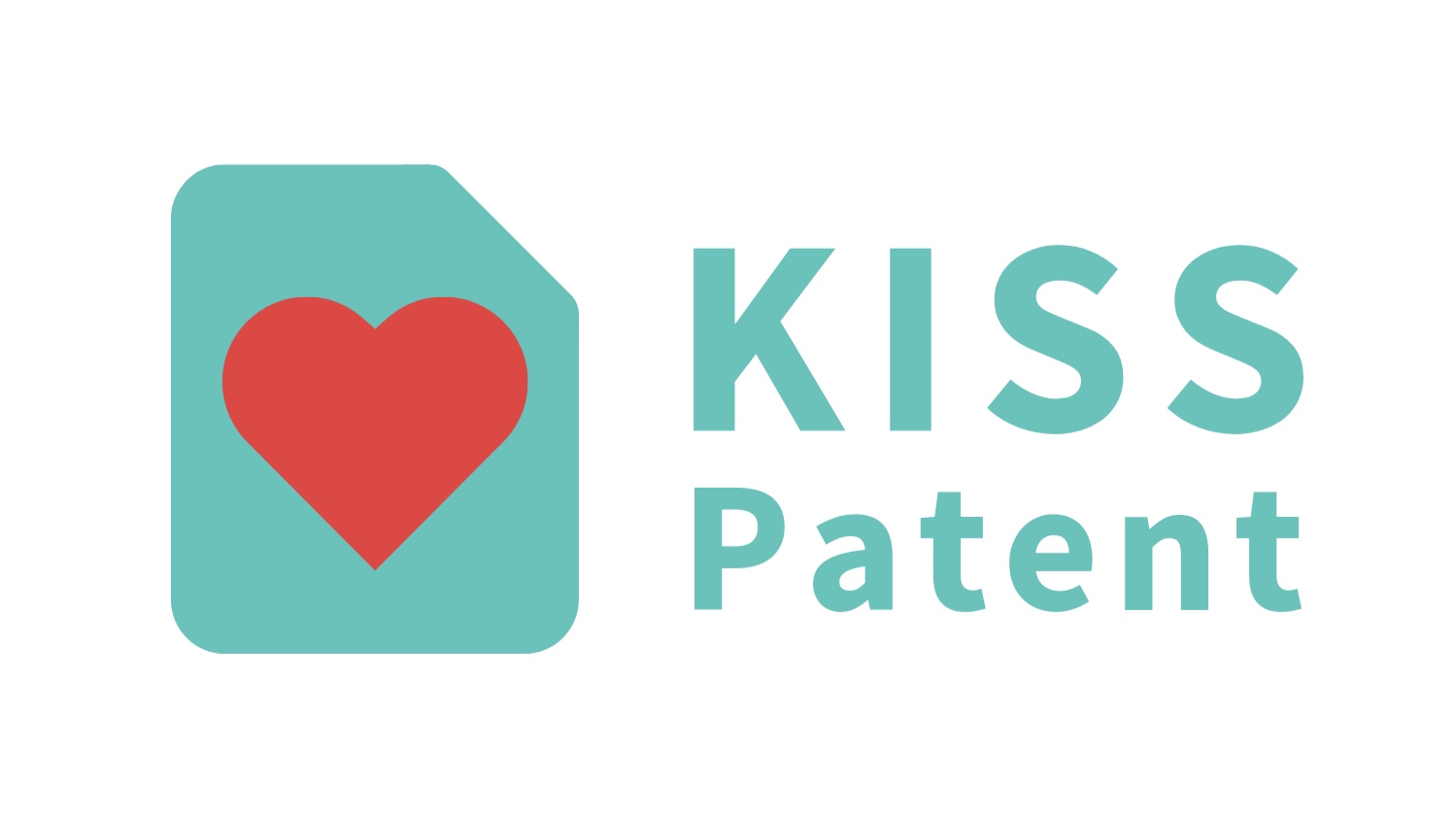By now, you’ve probably heard that artificial intelligence (AI) is growing rapidly—perhaps you are even considering developing an AI-based idea. Or, maybe you know a bit about AI, but aren’t completely aware of its potential. Well—we have great news for you! We put together this informational guide about AI, just for you. Join us as we provide an overview of AI, and in later posts, dive deeper into the patent process for AI ideas.
Let’s keep it basic for now—your first question is probably “What is AI and how is it developing?”
Here’s a short story--in the beginning, machines were stupid. They still are—at least the ones that are purely mechanical, with no flexibility and can only be adjusted in limited ways. Computers are a little less stupid, with more flexibility and can easily be changed by modifying their software. But, a human still has to anticipate every potential future scenario for basic software – the computer can’t learn on its own.
What can bridge this gap? AI! AI has the ability to learn – whether from data, examples of certain outcomes or types of information, or experience. Now, machines aren’t so stupid. And thankfully for us humans, we don’t have to anticipate every possible future problem or scenario. An AI-enabled computer can figure out new situations on its own.
Is a patent the right intellectual property for your AI idea?
Take our short survey to find out what type of intellectual property is right for your AI idea!
However, be warned—AI is still not capable of “general intelligence” (thus rendering the warnings of humans being overtaken by machines futile, for now). Instead, each working AI system has a deep but limited capability to solve a particular problem. Human input is still required to decide exactly what the AI should do because AI remains incapable of handling every situational curveball.
But don’t let the above fool you--AI has been developing further. We use the term generally, but as AI has developed, it has led first to machine learning and then to deep learning. As each new development has been widely distributed, more complex problems can be solved. For a great introduction on machine learning and AI, check out this primer.
What does the future of AI look like from a user perspective? Wired Magazine has suggested that “AI is the new UI”—meaning that artificial intelligence will become the new user interface norm. Get ready to chat with AI bots!
Hot AI Startup Areas
AI technology is developing rapidly, with more and more startups entering into the playing field, eager to gain first mover advantage.
AI doesn’t only have to include chatbots. There are other hot areas, including self-driving cars and trucks, healthcare, virtual agents, and routine documentation. Suffice it to say—AI is everywhere.
Let’s take one example to illustrate the utility of AI: self-driving cars and trucks. The era of the self-driving vehicle started with the DARPA challenge in 2004, which didn’t exactly show AI drivers in a positive light. Some cars didn’t even make it to the start – one flipped over in the starting line. None of the cars made it to the finish line. A common cause of failure? Getting stuck – on a hill, on a rock or just…stuck. However, just one year later, five self-driving cars completed the challenge.
AI Startup Acquisitions
Quite a few startups in this area were acquired almost before they got started. GM bought Cruise Automation, while Ford bought two startups in this area – Chariot and SAIPS; and of course, the infamous Otto was acquired by the equally infamous Uber . Another startup, Drive.ai, is already partnering with Uber’s rival, Lyft. There’s also Aurora – founded by ex-Googler Chris Urmson—a startup that is creating a full stack system for the driverless car.
We have some good news for you! It’s becoming easier and easier to found an AI startup. Since AI startups that are focused on solving a niche business problem don’t require a large amount of capital (human or monetary), there’s an opportunity for an AI startup to quickly dominate a market. Tak Lo, partner at Zeroth.ai, seems to agree. In addition, there are new tools that are available online (for free—our favorite word!) that can help you to develop your own AI applications, including Google’s Tensorflow.
What are the next steps for an AI entrepreneur?
Let’s say you have your AI idea in mind, and are ready to maximize it. You want to ensure that your next steps are carefully planned, as any wrong moves could lead you to fail. What are the two most important considerations for your AI idea?
1. Is it easily “stealable”?
2. How will your startup fare in valuations?
All ideas are simply that: an idea—until you file for a patent to solidify your idea. You CAN file for a patent for AI innovations. A patent can easily help you to mitigate the two biggest risks named above: losing first mover advantage (especially if your idea is stolen) and faring poorly in startup valuations with venture capitalists.
Still not convinced? Remember the “Hot AI Startups” we named above? They have patents! For example, Cruise Automation has 6 US patent applications , such as US20160334790, their first US patent application, protects a system to retrofit a car with self-driving capabilities. And it’s not just for self-driving cars. MindMeld, a chatbot, has 4 US patent (including US9672827B1 which protects a chatbot, that can communicate with humans - based on learnings from previous conversations). There also Clarifai, a content monitoring and moderation tool that uses visual recognition as a service for app developers. Clarifai has not one, but two US patent applications; for example: US20170039468, which protects an AI engine that can learn to recognize content with certain features and then find similar content, like content that violates moderation guidelines.
All of the hottest AI startups are protecting their valuable innovations through patents—and not just protecting, but increasing their own valuations as well.
Ready to embark on your AI adventure? We invite you to come along with us, KISSPatent, as you begin to decipher the startup landscape. Whether it’s your first startup, or 100th, we believe that you deserve to have access to clear, easy to understand information in your area of interest—without the legal lingo.
KISSPatent is revolutionizing the patent business. We’re focused on increasing efficiency so that we can decrease cost. That means total customer focus – we aren’t focused on your hourly bill. We’re entrepreneurs ourselves, so we understand the need for cost effective efficiency—and base our business values on a low cost, high efficiency model to deliver the most value to you, the client.
If you’re interested to learn more about AI, stay tuned for our upcoming blog posts, where we dive deeper into the AI ecosystem
Wondering if your idea is patentable? Have a question about this article? We can answer all of your questions — just hit "contact us" down below!











